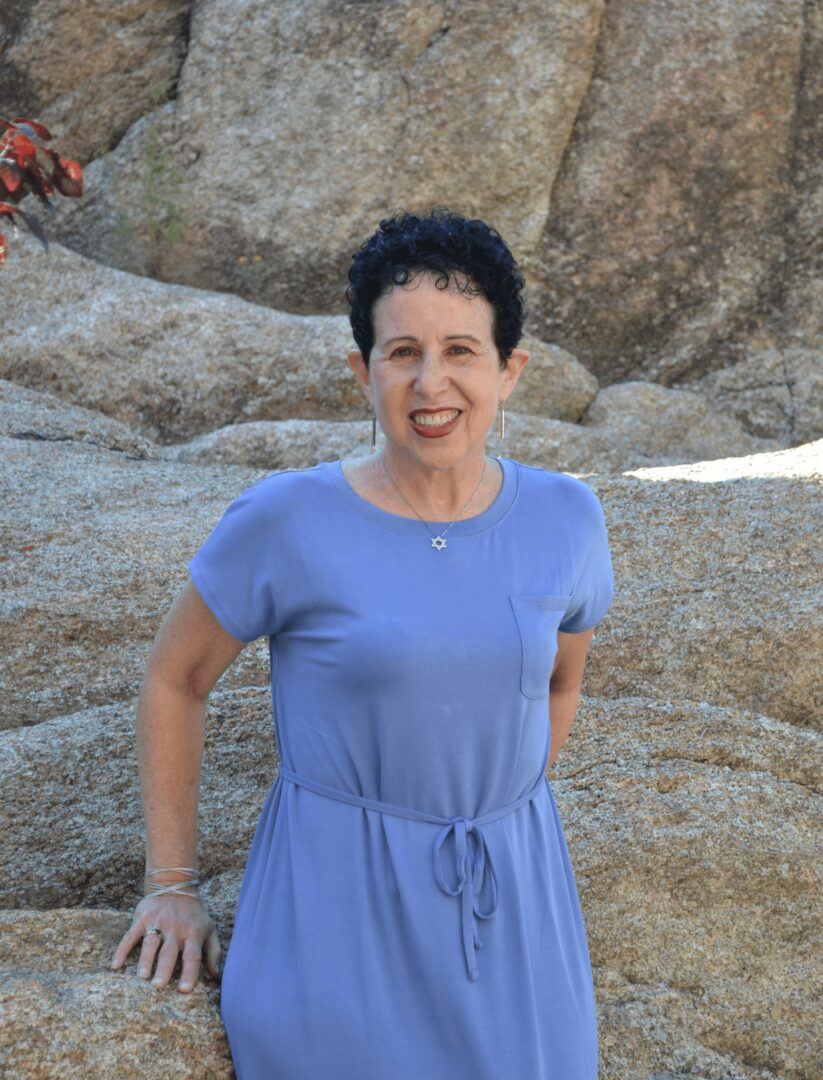We’re excited to introduce you to the always interesting and insightful Vicki Paris Goodman. We hope you’ll enjoy our conversation with Vicki Paris below.
Vicki Paris, so many exciting things to discuss, we can’t wait. Thanks for joining us and we appreciate you sharing your wisdom with our readers. So, maybe we can start by discussing optimism and where your optimism comes from?
If you’d asked me that question on the day my husband Sam passed, you would have found me reeling at the unseemly timing of such unexpected optimism. And I would have attributed this blessing to a “helping hand” I strongly felt was guiding me gently but firmly into the next chapter of my life. Of course, the “helping hand,” I soon realized, was God. But having been raised in a secular family, God’s “participation” was not immediately obvious to me.
Having said that, I take a small amount of the credit myself. I tend to be a survivor type, though not particularly optimistic by nature. My many interests, combined with an independent streak I acquired by necessity many years ago (long story), make me particularly well-suited to finding renewed direction and purpose. In other words, I recognized I had a myriad of choices in front of me, a world of opportunities. All I had to do was pick a few.
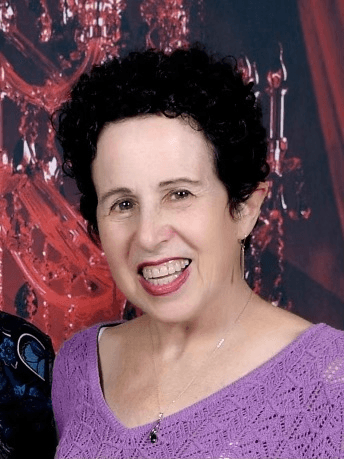
Appreciate the insights and wisdom. Before we dig deeper and ask you about the skills that matter and more, maybe you can tell our readers about yourself?
I’m a “Valley girl,” having grown up in Studio City, California. My husband Sam and I resided in Long Beach for a number of years before retiring to the mountains of central Arizona.
A degree in mechanical engineering led to my career as an applications engineer of pumping systems. I sing and play violin semi-professionally. And for over twenty years I served a Long Beach-area newspaper as theater critic. I am currently writing my second book, Speed Bumps: And Other Impediments to Life in the Fast Lane, a slightly self-deprecating treatise on the trials of life, especially from the point of view of a type A personality.
After the death in 2019 of my husband Sam, the love of my life, I was unexpectedly flooded with optimism and presented with a host of possibilities for an exciting and meaningful future. I received valuable insights, seemingly coming from an outside source, enabling me to conceive a more realistic and uplifting understanding of adversity, death, loss and God’s plan. I know these concepts will free others to face the passing of a loved one with a far more optimistic outlook.
It has now been five years since Sam’s passing, and almost two years since I published To Sam, With Love. I have recently been blessed with additional insights. These insights have motivated me to consolidate the concepts comprising my message into what some say should be a movement! It seems God has chosen me to be the messenger of a new way of thinking that has the strong potential to counter the cultural conditioning telling us death and loss are tragic. I say they are not!
In light of this, I’ve put retirement on hold for now. It’s been a full-time job “guesting” on numerous podcasts, speaking to groups and on radio, and continuing the writing of my next book, as well as interview pieces such as this one. And I have to say, this time around it’s a “job” I look forward to every day. It’s terrific to have a calling that feels exactly right.
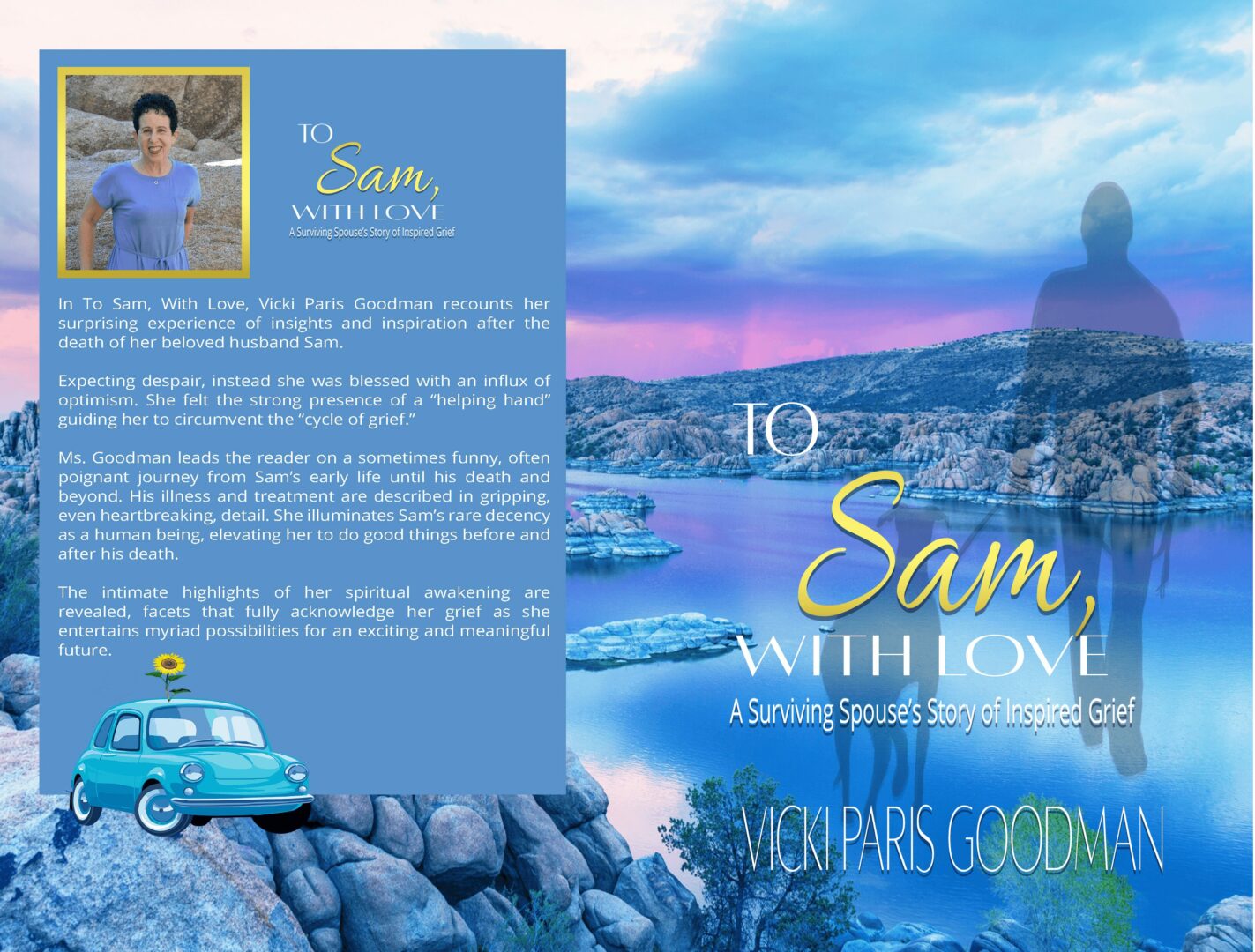
Looking back, what do you think were the three qualities, skills, or areas of knowledge that were most impactful in your journey? What advice do you have for folks who are early in their journey in terms of how they can best develop or improve on these?
This may be a good time to tell you why God may have chosen me to be the messenger of concepts that thoroughly upend our culture’s “awfulization” of death and loss.
I speak and write well, and I’m definitely not shy! So, I have the means to effectively communicate an important message comprised of complex insights.
My story gains credibility from my having spent most of my life with a secular belief system, until recently having little to no faith at all in a higher power or an afterlife.
And if I’m completely honest, I’ve never been one to give back or help others in any significant way. I’ve spent my life pursuing my own goals. I suppose you might say I’ve been somewhat self-involved. So, God has blessed me with a way to finally do something for others, something important and valuable. I consider this God’s gift, not only to others, but to me!
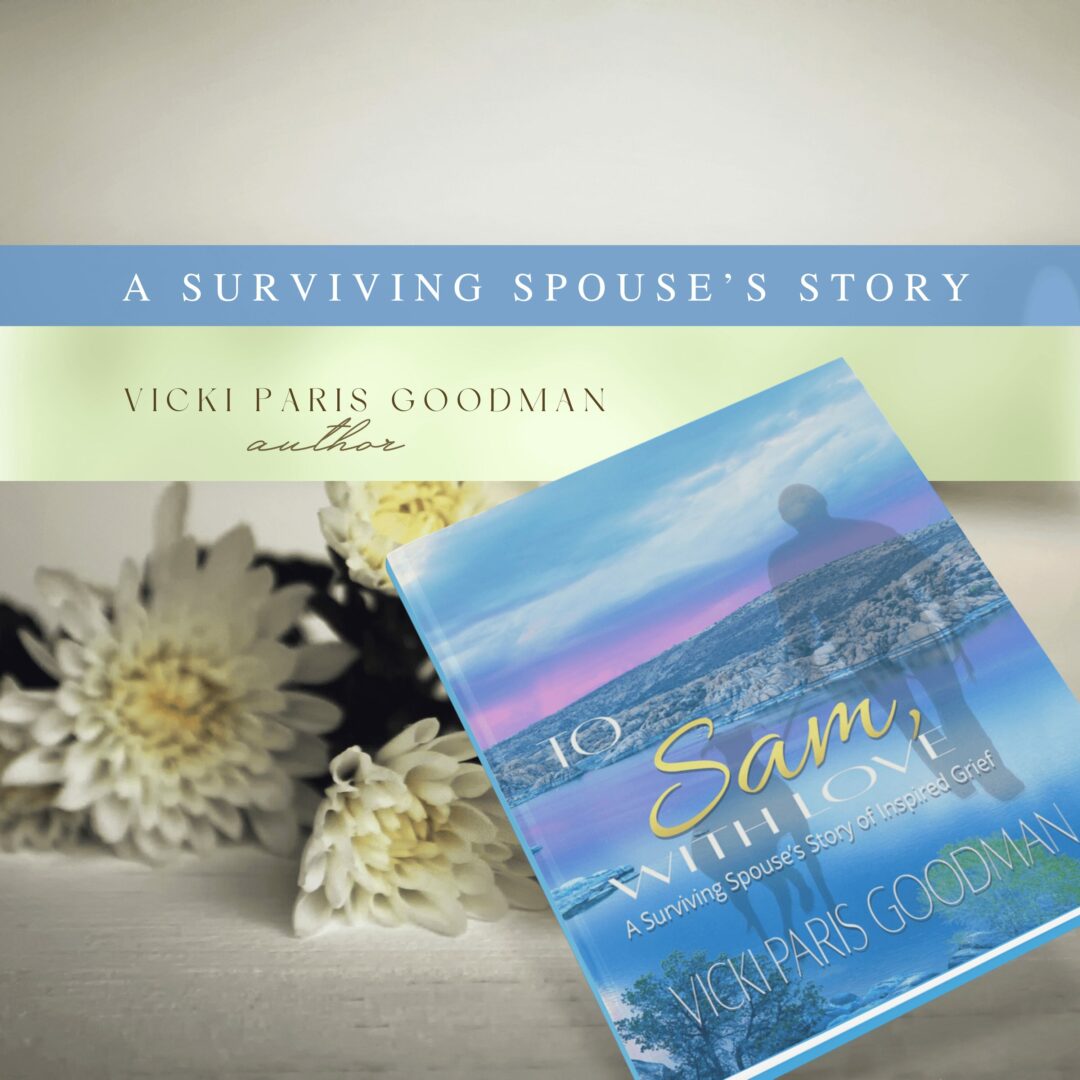
Awesome, really appreciate you opening up with us today and before we close maybe you can share a book recommendation with us. Has there been a book that’s been impactful in your growth and development?
After my husband Sam passed, I was suddenly dissatisfied with the implications of my secular point of view. I wanted, and NEEDED, to know if Sam’s soul lived on. I became more than curious about the existence of an afterlife.
The hospice we’d used for Sam offered me once-a-month meetings with one of their chaplains. Without hesitation, I said yes to the opportunity to talk to someone who might shed some light on where Sam might be.
In the first session with the chaplain, I began asking questions about the afterlife. The chaplain recommended a book called Proof of Heaven by Dr. Eben Alexander. It changed my life!
And… along with the optimism with which I’d been blessed, the book set me on a path of insights and inspiration from which I have never looked back. Here is a summary of the story:
Eben Alexander is a neurosurgeon who contracted a massive brain infection in 2012. He spent seven days in a coma, during which his colleagues failed to get the infection under control.
Like me, Dr. Alexander had been secular, completely disregarding the near-death experiences of his own patients. That is, until he had his own near-death experience!
It seemed to me, Dr. Alexander’s story, start to finish, was a marvel of divine intervention. First of all, he had no wound of the kind necessary to allow this particular type of infection to enter his body. His colleagues, having failed to control and eradicate his brain infection, told his family he would die. If, by some miracle, he survived the infection, his brain damage would be so extensive as to leave him in a permanent vegetative state.
Obviously, Dr. Alexander survived… to write the book, conduct speaking tours, and resume his career. He had suffered no brain damage!
I found the story of his near-death experience thoroughly credible — so convincing that it brought me the rest of the way to an unquestioning belief in God and an afterlife.
More evidence of divine intervention: When Dr. Alexander reviewed his own hospital chart from the week he’d spent in the coma, he noted that his besieged neocortex had been effectively shut down, utterly incapable of perceiving the complex images he’d witnessed during his near-death experience.
Dr. Alexander describes having known everything about the universe while “at one” with God. Consequently, he describes the brain as a “reducing valve or filter,” diminishing the knowledge of the universe down into a more limited and manageable amount while we remain on Earth.
Insights and wisdom I extrapolated after reading Proof of Heaven:
1) Is death really tragic? I say NO, not if you believe in a loving God, an exquisite afterlife, and that God has a plan for each one of us. If your spouse predeceases you, it only means God’s plan is for you to learn certain lessons, experience more of life, and perhaps even teach others during your remaining time on Earth. You will join your spouse in the afterlife later. What is tragic, or awful, about this circumstance? I say nothing. It is a natural part of life.
2) We are wrong to treat the body and soul as if they are inseparable. The body dies, and the brain along with it. But the soul lives on!
3) There seems to be an ideal life to which many people aspire. It consists of one happy marriage to one spouse that ends after decades together, when both have lived into their 80s or 90s. But what if that doesn’t happen for you? It just means God had a different, more segmented, plan for your life. It isn’t better or worse than “the ideal,” just different. In other words, you are meant to live a life comprised of two or more “pieces,” perhaps with multiple partners.
4) Souls are “perfected” in the afterlife by the all encompassing love with which they are surrounded, a love so powerful we can’t comprehend it here on Earth. And souls in the afterlife know everything, all of the knowledge of the universe. Therefore, these souls experience no negative emotions, such as anger or jealousy. So, as survivors we need not worry, or feel guilty or self-conscious, about moving on quickly or beginning a new relationship if and when we are so inclined. Our deceased loved ones want only the best for us.
5) When you are faced with a challenge or adverse event, before getting upset remind yourself there is an important lesson to be learned from the perceived misfortune. There is a reason it happened, and you’d best think about God’s intended take-away.
Contact Info:
- Website: https://VickiParisGoodman.com
- Instagram: https://www.instagram.com/samnvic28/
- Facebook: https://www.facebook.com/vickiparisgoodman
- Linkedin: https://www.linkedin.com/in/vicki-paris-goodman-1021a6270/
- Other: Contact Vicki and read her blog at her author website: VickiParisGoodman.com
URL for discounted book purchase: InspiredGrief.com/book
URL for Vicki’s FREE belief-shifting 3-episode audio series: InspiredGrief.com

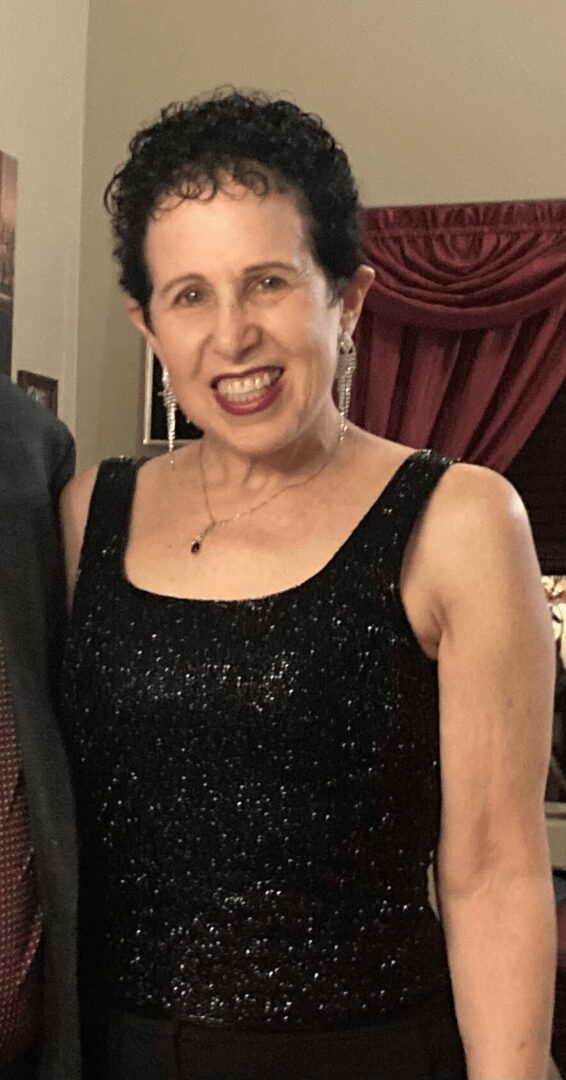
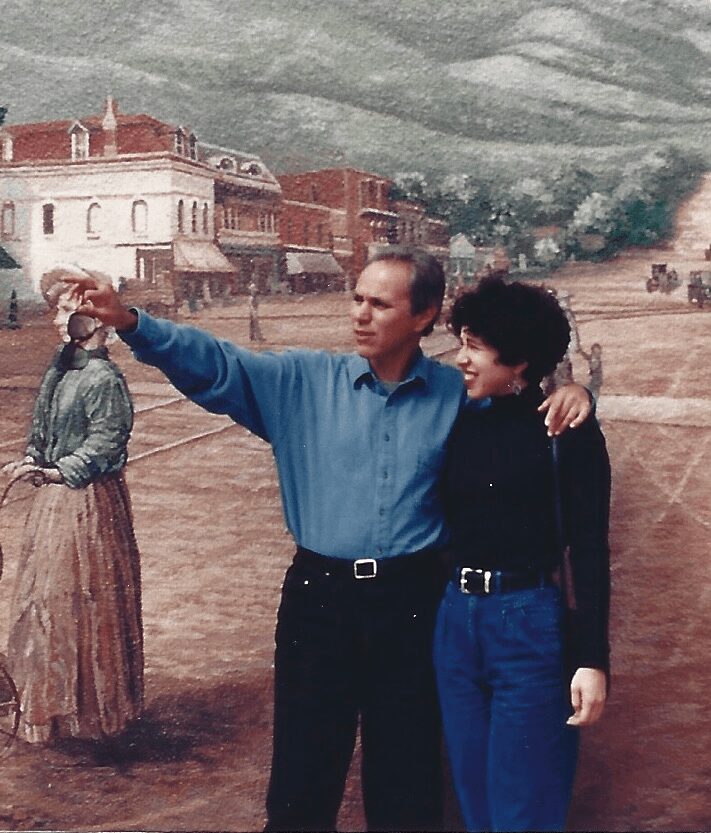
so if you or someone you know deserves recognition please let us know here.

